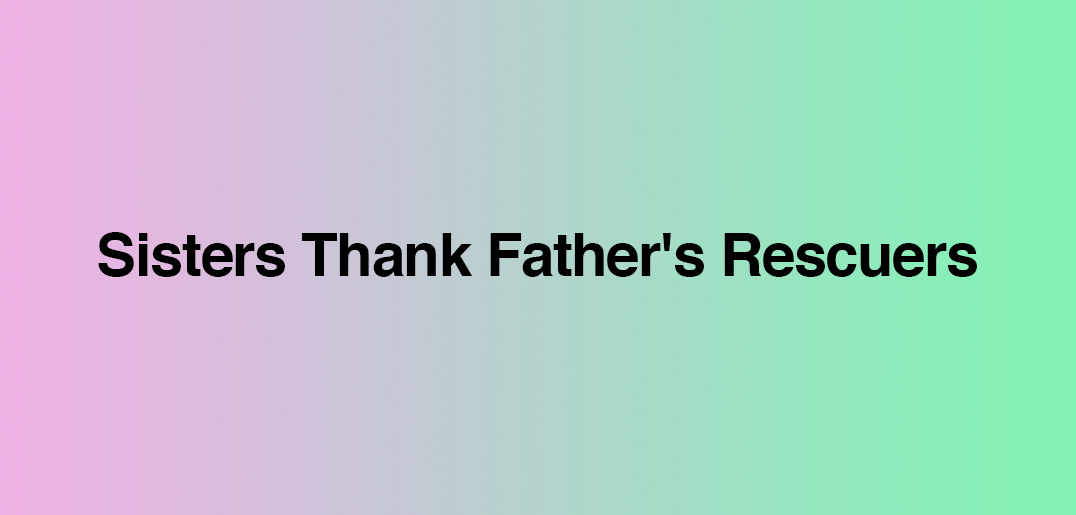After their mother’s death in 2006 the sisters learned that, had it not been for 2,000 Japanese-American servicemen/ “Nisei,” their father, Sgt. Bill Hardwick, of the Texas Infantry, would have died in 1944 in the Vosges Mountains near Biffontaine, France, pursued by Germans.
Companies I and E of the 442nd Regimental Combat Team (RCT) broke through German lines and saved them, battling for four days and suffering more than 800 casualties – nearly half its roster.
One company of the 442nd started with 186 men, and by the time they reached the lost battalion, only eight were left standing. The other started with 185 men, and by the time they got to the Texas Infantrymen, only four were left. The Army designated the rescue one of the top 10 US Army battles in its history.
The 442nd RCT became the most decorated unit for its size and length of service in US military history, earning it the nickname “The Purple Heart Battalion.” The 442nd RCT received seven Presidential Unit Citations (five earned in one month), and its members received about 18,000 awards, including 21 Medals of Honor.
The term “Nisei” originated in the 1940s and comes from the Japanese word for “second generation.” Nisei referred to Japanese-Americans born in the US to immigrant parents. During WWII, most Japanese-Americans on the West coast and in Hawaii were forcibly detained in internment camps until the end of the war.
Susan Hardwick, Martinsville, Indiana, and her sister, Janet Hardwick Brown of Pinehurst, North Carolina, attended the 65th annual reunion of the Nisei veterans in Las Vegas, Nevada, to speak to the veterans who rescued their father, to thank them in person.
Brown said her father spoke little about the war, but he always believed the men in the 442nd were handpicked and were the only ones who could have saved his unit.
The sisters visited the Japanese-American National Monument in Washington, DC, and wrote a letter to surviving members of the 442nd Regimental Combat Team thanking them for rescuing their father. It was forwarded to other veterans and surviving family members. The sisters received letters, e-mails, phone calls, books and even some gifts thanking them.
From a story by Bette Nunn in the Reporter-Times, Martinsville, Indiana.





